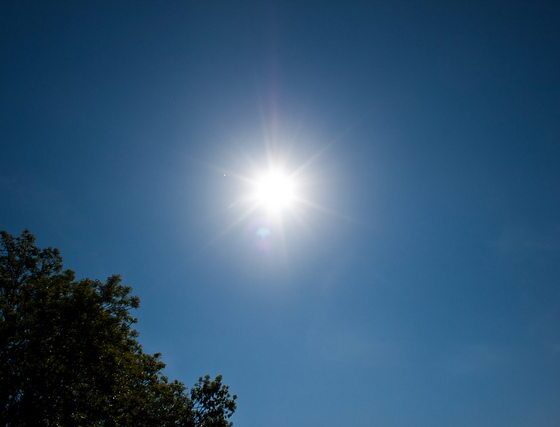

Environment
NASA: August hottest on record worldwide
Following the hottest May and June on record, August has also been confirmed as the hottest August since records began 130 years ago – with an over temperature increase of 0.70C above the 1951-1990 baseline temperature average.
Blue & Green Tomorrow is currently running a crowdfunder to ensure its survival. Please pledge.
The analysis comes from the Nasa space agency’s Goddard Institute for Space Studies (GISS), but with a sign of caution from Nasa, who have stressed that individual months are not as important as yearly trends in highlighting changes in the climate.
“The key issue for climate are the long-term trends, not individual months”, said Nasa-GISS director Gavin Schmidt.
Temperatures were measured by international meteorological services, using satellite data combined with land and sea surveys – which all suggest this year’s global high was very close to results from 2011, 2008, 2006 and 2003.
With March 2014 the third hottest since 1880, and May and June the hottest ever, this year is set to be one of the hottest on record as August continues the scorching trend.
With raising temperatures, however, comes drastic consequences. The western US is still suffering from extremities of drought, primarily in California – where major areas of the sun baked land are without water as a lack of rainfall continues to disrupt the state.
Furthermore, recent studies have prompted greater concern for the rising temperatures as evidence now suggests the Antarctic Larsen-B ice shelf collapse in 2002 was caused by warming air temperatures.
In the UK, scientists have also warned that fluctuations in global temperatures will lead to more extremities in winter weather containing unpredictable swings between very mild and stormy weather.
Photo source: Gerwin Sturm via flickr
Further Reading:
Warming air temperatures may have caused Antarctica’s Larsen-B collapse
California drought: policymakers agree to tackle climate change to end extreme drought
British winters becoming more extreme, scientists warn
Antarctic sea levels rising above global average
Study: Greenland and Antarctica are losing 500 km³ of ice per yea































